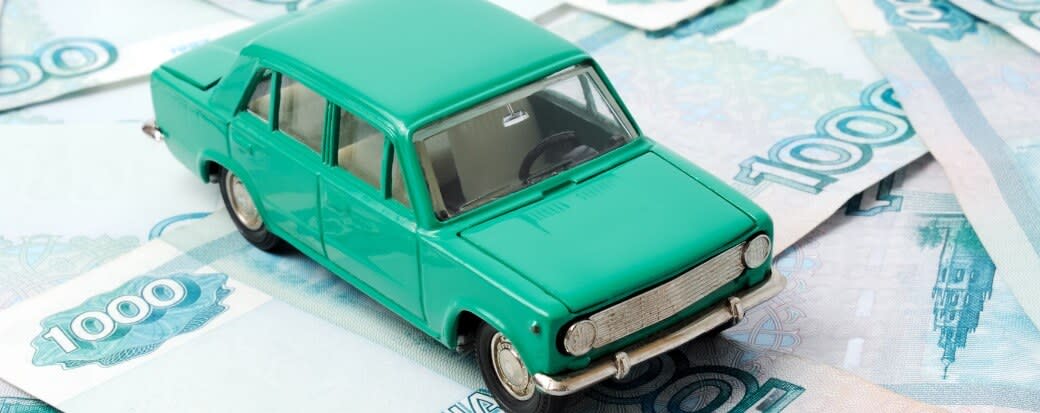Guide to Purchase Orders for Cars

Share this article:
Editor’s note: Lantern by SoFi seeks to provide content that is objective, independent and accurate. Writers are separate from our business operation and do not receive direct compensation from advertisers or partners. Read more about our Editorial Guidelines and How We Make Money.
What Is a Buyer’s Order?
The vehicle identification number or VIN The make and model of the car Information about the customer or buyer Information about the dealership or seller An itemized breakdown of the vehicle’s sale price and related fees Customer down payment details
The Purpose of the Car Buyer’s Order
4 Items Can You Negotiate on a Buyer’s Order
1. Vehicle Selling Price
2. Document Fees
3. Trade-in Credit
4. Add-ons
What Other Documents Are Involved in a Car Purchase?
Retail Installment Sales Contract
Bill of Sale
Buyer’s Order vs Bill of Sale
A full description of the vehicle being sold The date of sale The name, address, and signature of the person buying the vehicle The name, address, and signature of the person selling the vehicle The purchase price The vehicle identification number
Other Car Financing Options
Private Party Auto Loans
Leasing vs Buying
Bank Car Loans
The Takeaway
3 Auto Loan Refi Tips
Refinancing your auto loan could lead to lower monthly car payments and more money in your budget. Lantern by SoFi can help you find the right auto refi loan for you. Lengthening the term of your auto loan can decrease your monthly payments and free up funds for other financial goals. You may pay more interest over the life of the loan if you refinance with an extended term. You may have trouble refinancing the loan on a car that is worth less than what you owe. For more info, check out When Is the Right Time to Refinance a Car?
Frequently Asked Questions
Photo credit: iStock/Denis_Dryashkin
LCAU0124001
About the Author
Sulaiman Abdur-Rahman writes about personal loans, auto loans, student loans, and other personal finance topics for Lantern. He’s the recipient of more than 10 journalism awards and served as a New Jersey Society of Professional Journalists board member. An alumnus of the Philadelphia-based Temple University, Abdur-Rahman is a strong advocate of the First Amendment and freedom of speech.
Share this article: